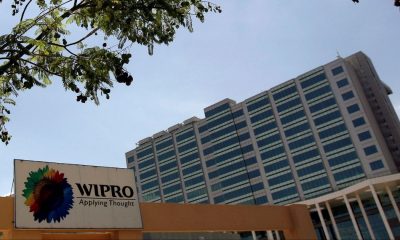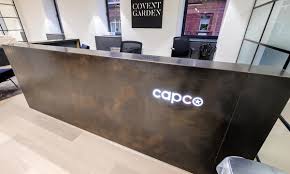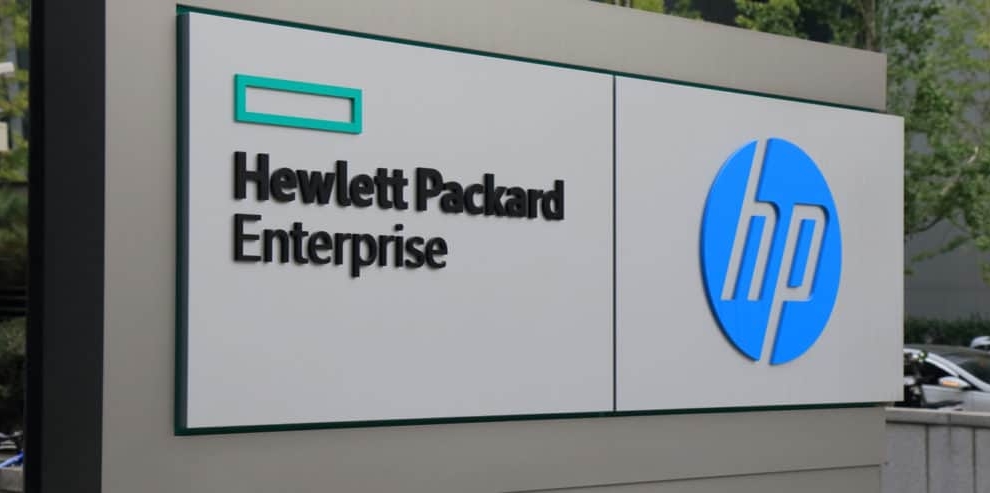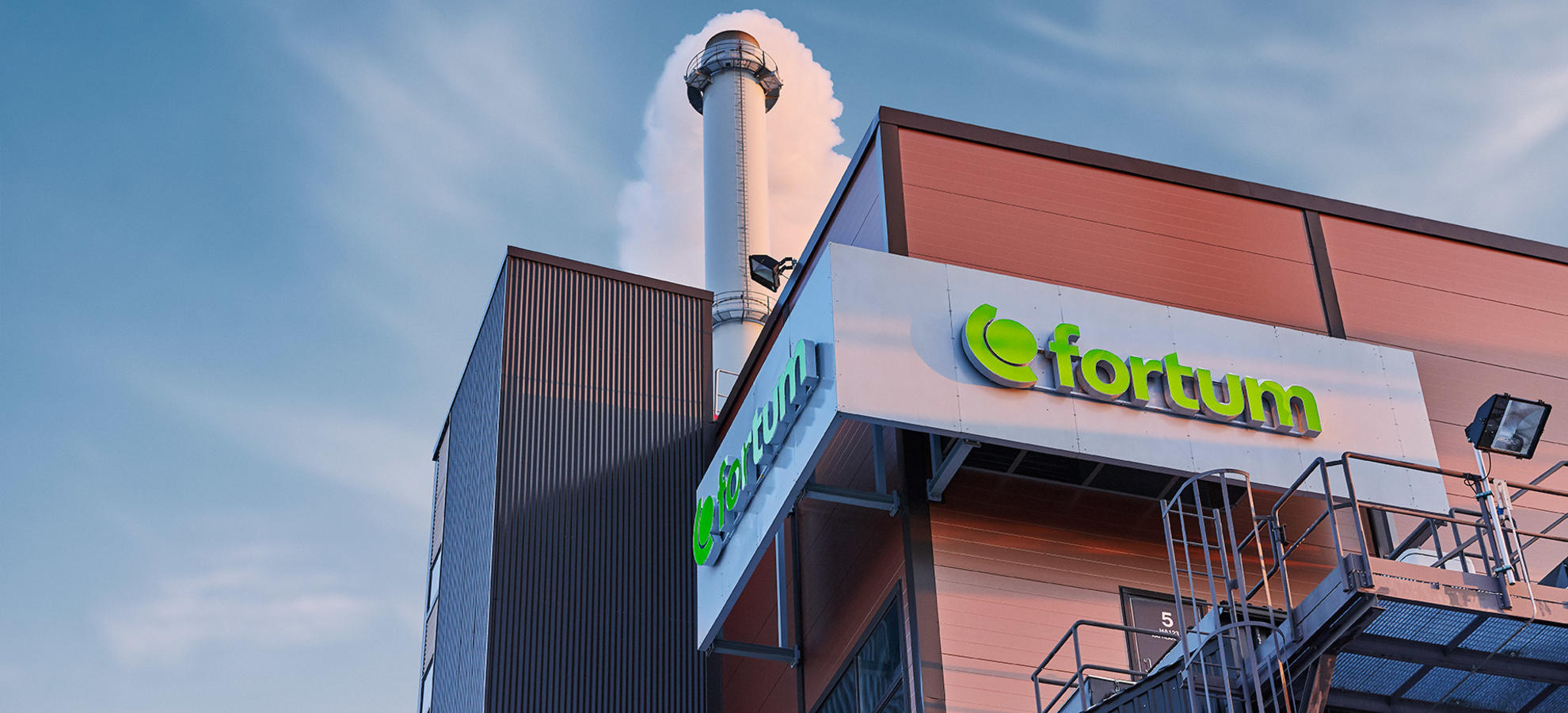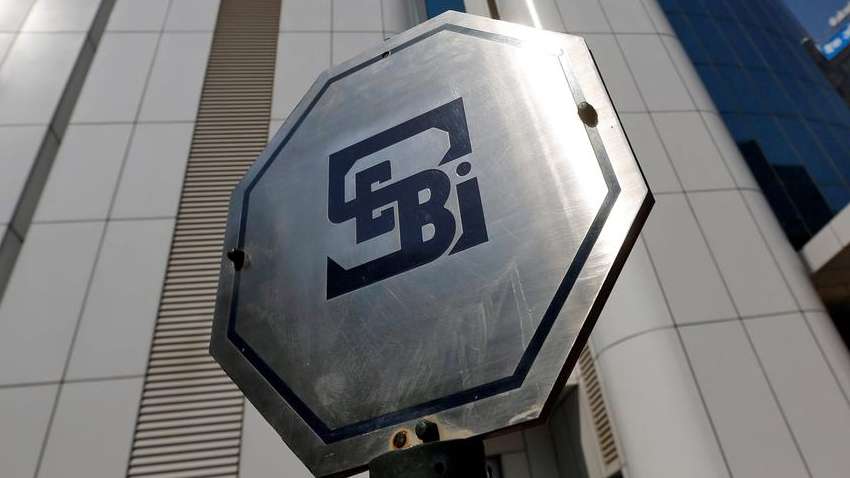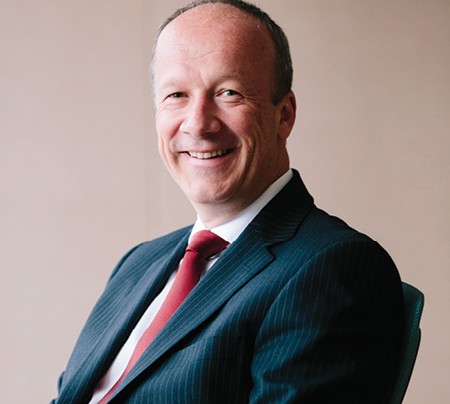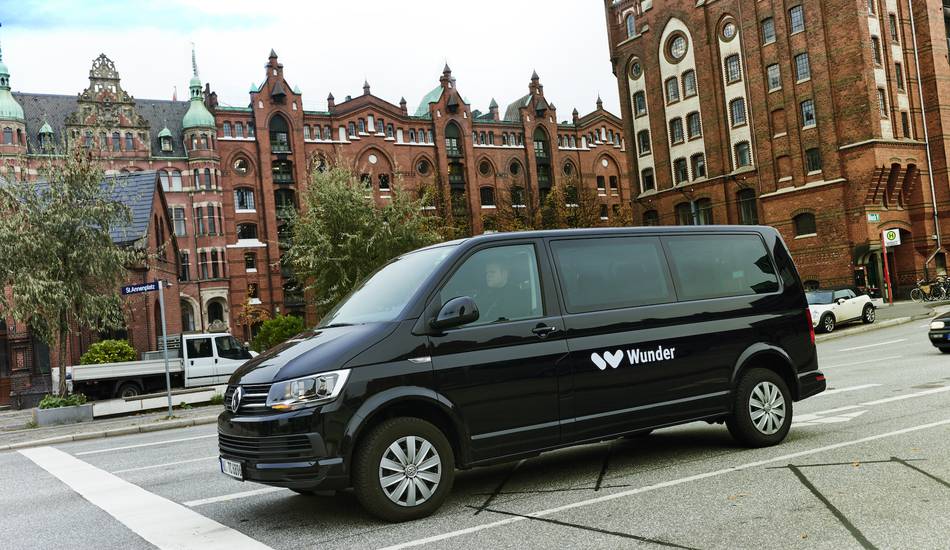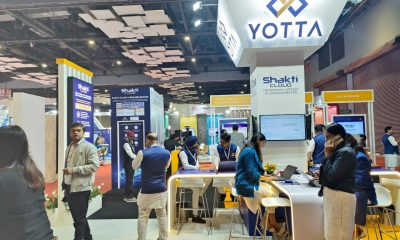News
Wipro to acquire IT verticals of Metro AG in a $700-million deal
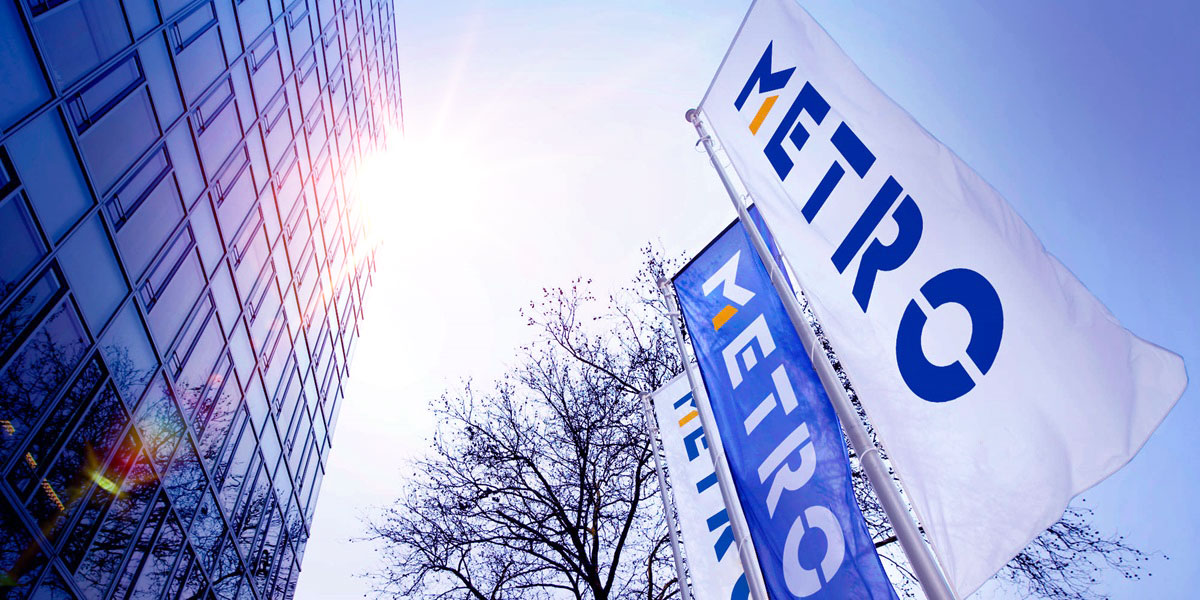
NEW DELHI: India-based information technology firm Wipro has announced a significant strategic digital and IT partnership deal with METRO AG, the leading global wholesale company that is redefining the food service distribution industry.
As a part of this transaction, Wipro will take over the IT units of METRO AG — METRO-NOM GMBH in Germany and METRO Systems Romania S.R.L.
Through this partnership, more than 1,300 employees across Germany, Romania and India will transfer to Wipro, providing them with new opportunities to advance their careers, access innovation, work with leading digital technologies and adopt new ways of working that enable agility, speed and scale in engineering.
The estimated deal value for the duration of the first 5 years is approximately $700 million. With the intention to extend up to 4 additional years, it can be a potential spend of up to $1 billion. Wipro will deliver a complete technology, engineering and solutions transformation program for METRO as it positions itself as a Wholesale 360-degree provider in the hotel, restaurant and catering food industry fuelled by quality, focus and flexibility. Wipro’s transformation program will encompass cloud, data center services, workplace and network services, along with application development and operations to provide an integrated, flexible and robust digital infrastructure to help drive METRO’s transformation agenda.
“We are at a stage where we want to focus on the activities that are going to give us the strongest possible competitive advantage and to do that, we need to be confident in the digital infrastructure that underpins our growth. Partnering with Wipro allows us to simplify and streamline our IT landscape, and critically gives us access to innovation and the best digital practices,” commented Timo Salzsieder, CIO, METRO AG.
“The Metronomians who are transferring across to Wipro are going to have access to leading edge innovations that will accelerate their careers. I look forward to the continued close collaboration and partnership with the Metronomians who will continue to support our IT needs in 25 METRO countries,” Timo added.
At the heart of the partnership is the formation of a joint Transformation Office and Innovation Council that will guide the businesses through the transformation and ensure collaborative innovation throughout the partnership.
Thierry Delaporte, Chief Executive Officer and Managing Director, Wipro Limited said, “Like us, METRO AG is focused on leveraging digital transformation for competitive advantage. Wipro’s role is to make that transformation efficient and effective. Equally important for us is welcoming 1,300 new colleagues to Wipro and ensuring this move is positive and empowering for each of them. Wipro and METRO share a great deal in terms of culture and values, which has guided our discussions throughout, and led to the formation of the joint Transformation and Co-Innovation Council. Our relationship with METRO is a significant and strategic partnership.”
As previously announced, Wipro also plans to launch a Digital Innovation Hub in Düsseldorf, Germany to support METRO and other clients in the region. The proposed Digital Innovation Hub will serve as Wipro’s flagship centre in Europe and enable organisations to cross skill and upskill, besides supporting talent development in local communities. The Digital Innovation Hub will aim to galvanise adoption of new skills and technologies by companies to innovate and re-imagine their products and services, improve operational efficiencies, and drive customer and employee delight, thereby transforming their ability to compete and thrive in the market.
The take over is subject to customary closing conditions and regulatory approvals and is expected to close on or before April 30, 2021. The transaction was assisted by the global strategy consulting firm EY-Parthenon.
News
Yotta’s Cloud Data Center in GIFT City, Gujarat goes live
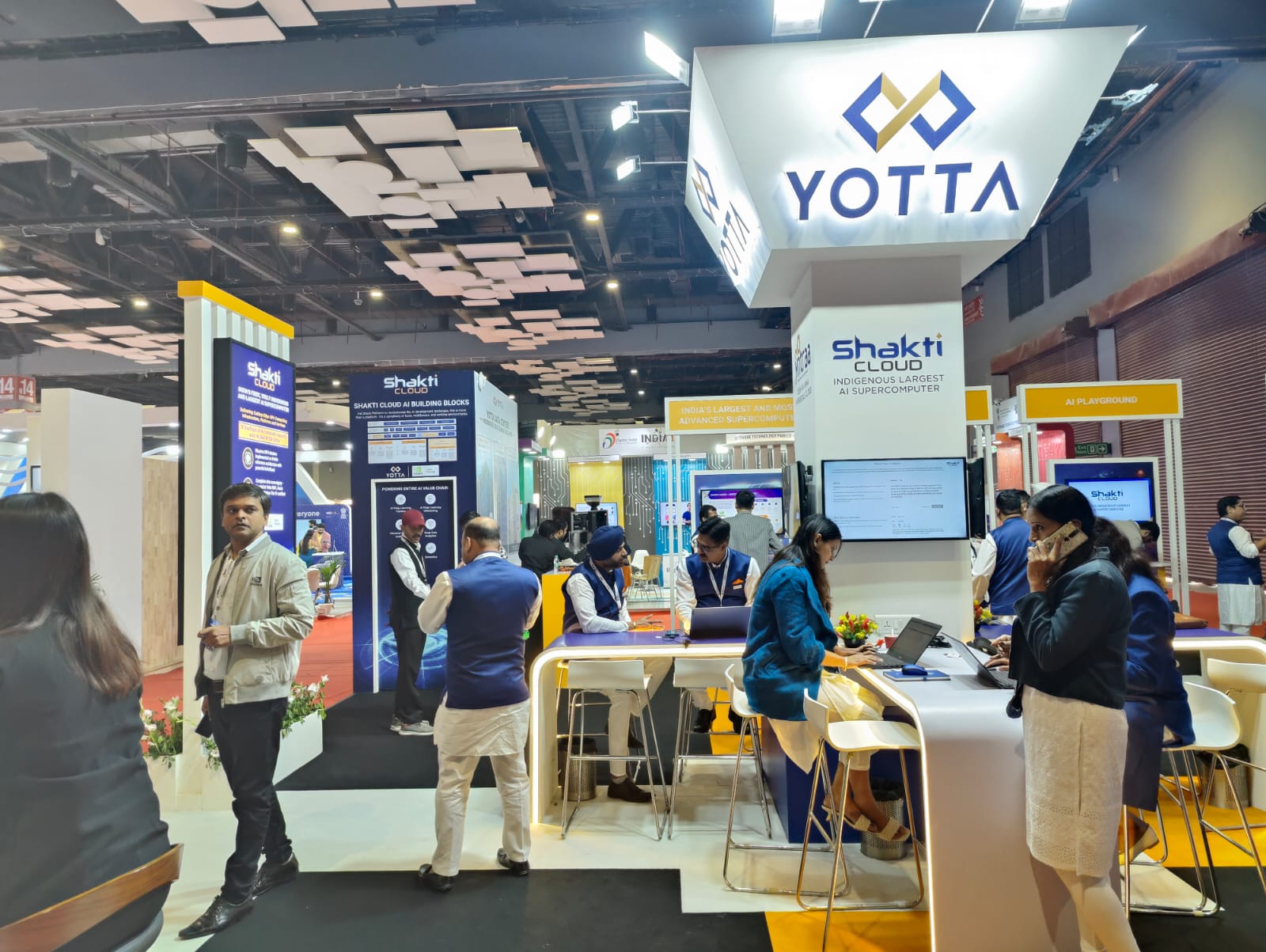
NEW DELHI: Yotta Data Services, an end-to-end Digital Transformation service provider, has announced that its state-of-the-art data centre facility, “Yotta G1”, located in GIFT city, Gandhinagar is ready for service (RFS).
The opening of this data center marks the debut of Yotta in Gujarat and progresses the company’s mission to provide digital services in India’s high-growth markets.
G1 is Yotta’s fifth data center facility in the country. It joins four large operational data centers, two of which, at Navi Mumbai and Greater Noida are part of hyperscale campuses. Yotta G1 is uniquely located inside the International Financial Services Center (IFSC) zone of Gandhinagar’s Gujarat International Finance Tec-City (GIFT city).
G1 represents an investment of more than INR 500 cr. over five years across critical non-IT and IT / Cloud / AI compute infrastructure. The data center has a capacity of over 350 high-density racks and 2 MW power (which can be scaled further as per demand). The facility is designed to meet the most demanding digital needs of its customers, who may be located within GIFT City or anywhere in the world, by seamlessly delivering fault-tolerant facility infrastructure, high-performance Cloud compute and storage infrastructure, advanced physical and cyber security, unmatched connectivity, and steadfast sustainability.
For large global enterprises operating in the GIFT City IFSC zone, the G1 data center functions as a potential data embassy, whereby their data stored is subject to the laws and regulations of their home country, thus allowing them to maintain sovereignty over their data, even when stored in India. By storing data in a physically different location, global enterprises can ensure continuity of operations in case of major disruptions within their borders. The data center’s location also ensures compliance with the IFSC regulations, providing businesses in the zone with distinct advantages like free foreign exchange convertibility, a liberalised regulatory environment, and business-friendly policies. It also helps enterprises adhere to IFSC’s compliance requirements, including being mandated to host their data within the IFSC zone.
Commenting on the announcement, Darshan Hiranandani, Co-founder and Chairman, Yotta Data Services, said, “The state of Gujarat, with GIFT City, has been at the forefront of providing a viable and sustainable platform for global businesses to set up base in India. The setting up of the IFSC zone is a further testament to their vision for financial services companies. We are proud to support this vision of the Gujarat government with a state-of-the-art data center within the IFSC zone, providing the latest and best in cutting-edge technologies to help businesses set up and scale their businesses while also adhering to all regulatory requirements.”
Adding to this, Sunil Gupta, Co-Founder, MD & CEO, Yotta Data Services, said, “Yotta’s G1 marks a pivotal milestone in delivering high-end data center, Cloud, AI compute, storage, connectivity and cybersecurity services to enterprises both on a global and local scale in the Gujarat region. Besides serving the domestic enterprises within and outside GIFT City, our data center shall serve as a potential data embassy for global enterprises, enabling them to adhere to their respective country’s laws while offering a dependable and secure locale for offshore data storage.”
G1 data centre stands distinct in GIFT city for being a data center offering more than just colocation services. True to Yotta’s stature as the end-to-end digital transformation partner of choice for enterprises, G1 brings forth a suite of key features, ranging from advanced data security and customised business solutions to an indigenous hyperscale cloud offering, AI-GPU compute offering, state-of-the-art infrastructure, cybersecurity expertise, seamless integration with managed IT services, 24/7 customer support, cost optimisation, and an overall competitive edge.
This announcement follows on the heels of Yotta’s recent launch of its cloud services – Shakti Cloud and Yntraa Cloud. Powered by NVIDIA’s top-of-the-line GPUs, Shakti Cloud is India’s largest & fastest AI-HPC supercomputer, delivering cutting-edge GPU computing infrastructure, platforms, and services, including Infrastructure as a Service, Platform as a Service, and Software as a Service. Yntraa Cloud, on the other hand, is a truly indigenous hyperscale cloud platform at par with global cloud platforms, offering an exhaustive range of cloud products and services.
News
Optiemus Infracom joins hands with Corning International

NEW DELHI: Domestic contract manufacturer Optiemus Infracom has entered into a joint venture with US-based speciality glassmaker Corning International to set up India’s first manufacturing facility for producing high-quality finished cover glass parts for the mobile consumer electronics industry.
The collaboration between both the companies will help expand India’s electronics manufacturing ecosystem, as the Indian government strengthens its Make in India initiative. As a part of the joint venture, the companies strategically aim to set up a world-class manufacturing facility in India, powered by cutting-edge technologies and processes.
Driven by a shared commitment to innovation and technological excellence, this collaboration will pave the way for the manufacturing of “Made in India” finished cover glass parts for use in mobile consumer electronic devices, and other cover glass applications, to meet the needs of next-generation mobile consumer electronic devices.
The joint venture signifies a powerful synergy between Optiemus’s deep domestic industry and manufacturing knowledge of electronics and telecom market and Corning’s globally-acclaimed expertise in advanced glass technology. By combining these strengths, the joint venture aspires to not only establish cover glass manufacturing capabilities and capacity in India, but also to contribute significantly to the creation of jobs and skill development within India’s thriving technology sector, the companies said in a statement.
Ashok Kumar Gupta, Chairman, Optiemus Infracom, said, “It is a matter of great pride for us to actively contribute to the growing manufacturing ecosystem in the country. With this joint venture, initiated in line with the vision of Hon’ble Prime Minister of India of ‘Make in India’ programme and the “Atmanirbhar Bharat” initiative, we are committed to make available world-class high-quality products for global and local brands.”
“Embarking on this new journey, we intend to emerge as one of the top manufacturers of finished cover glass parts for use in mobile consumer electronic devices in the next five years. Our collective expertise in innovation, design, and manufacturing, will provide holistic solutions for the brands,” Gupta added.
5g
MediaTek Catch-up with Tech: Infinix Zero 30 5G with Dimensity 8020 launched

NEW DELHI: Chipset maker MediaTek, which claims to power more than two billion connected devices every year, hosted ‘Catch-up with Tech’ in collaboration with handset brand Infinix on August 28 to share insightful and engaging conversations about the new-age smartphones and innovative technologies powering everyday lives.
The meet-up threw the spotlight on the MediaTek Dimensity Auto, Satellite solutions and Generative AI along with an extensive showcase of newly-launched Infinix Zero 30 5G powered by MediaTek Dimensity 8020, Infinix GT 10 Pro powered by MediaTek Dimensity 8050, and Infinix QLED TV powered by MediaTek.
In terms of specs, the Infinix Zero 30 5G is tailored for young storytellers and creators, featuring the first-ever smartphone to deliver 4K 60fps video recording from its 108 MP OIS rear camera and ultra-high resolution 50MP front camera. The Zero 30 series powered by MediaTek Dimensity 8020 is said to be a game changer for the front camera vlogging experience along with being the slimmest curved AMOLED smartphone in the segment with glass and a vegan leather back panel. It also claims to be one of the most premium-looking devices in the segment.
The event witnessed a panel discussion moderated by Anuj Sidharth, Deputy Director Marketing & Corporate Communications, MediaTek and included expert panelists from Infinix, MediaTek and two renowned professional photographers.
“With the fifth edition of Catch-up with Tech, we aim to bring consumers closer to the technology and enable them to make informed buying decisions based on their diverse needs. In collaboration with Infinix, this meet-up is in-line with MediaTek’s vision of technology democratization and making innovative technology accessible to everyone,” said Anku Jain, Managing Director, MediaTek India. “The MediaTek Dimensity 8020 in Infinix Zero 30 5G brings faster displays, brilliant cameras and ultra-fast performance. Further, MediaTek Imagiq technologies enrich the capture experience by combining dedicated AI, imaging processors and accelerators to provide incredible results,” he added.
Anish Kapoor, CEO, Infinix Mobile India, said, “Featuring India’s first 50MP 4K 60 fps video recording, Infinix Zero 30 5G is primed to redefine smartphone imaging capabilities, setting a new standard for the creators and vlogging enthusiasts. Our collaboration with MediaTek has played a pivotal role in shaping our exceptional smartphone portfolio, and the Zero 30 5G stands as evidence of our unwavering commitment to innovation and delivering unmatched experiences to our users. The display and design of the device represent a leap forward in smartphone technology. As Infinix Zero 30 5G hits the shelves, we are positive that our customers will find this new offering as exhilarating as we do, further empowering creators to capture their story like never before.”
Radhakrishnan Chakyat, a photography evangelist, founder and host of Pixel Viilage, said, “Infinix Zero 30 5G smartphone powered by MediaTek Dimensity 8020 chipset has amazing hardware features, an excellent camera, dual-view video mode and is primed for optimal content creation and saves a tremendous amount of editing time.”
Aarzoo Khurana, a wildlife photographer, said, “Over the last few days, I clicked various pictures and recorded a few videos with the newly-launched Infinix Zero 30 5G powered by MediaTek Dimensity 8020, and the experience has been truly inspiring. Infinix’s smartphone’s OIS feature helps content creators click shake-free pictures and the front camera, which is extremely sharp and detailed, enables content creators to click countless selfies.”

